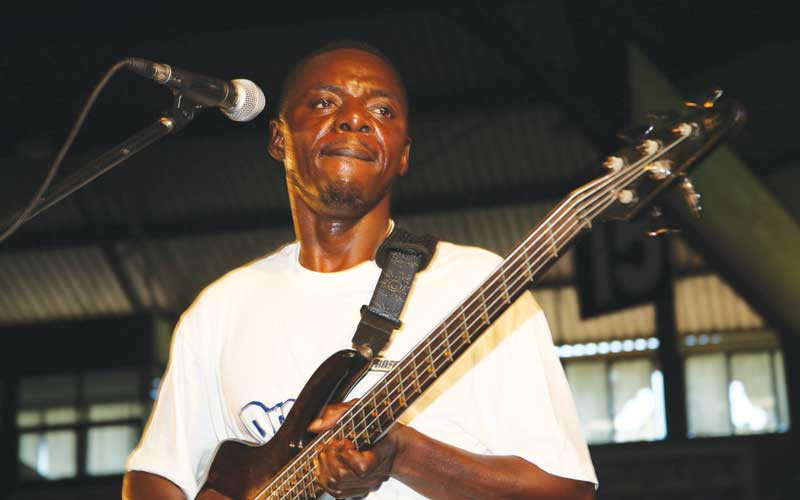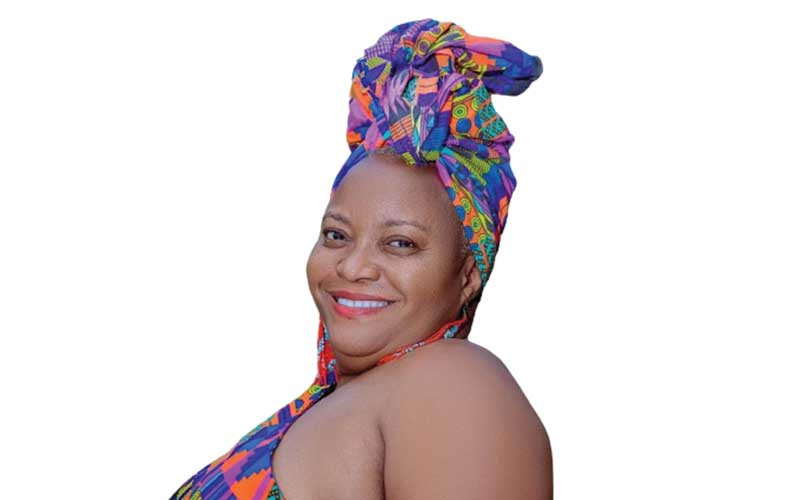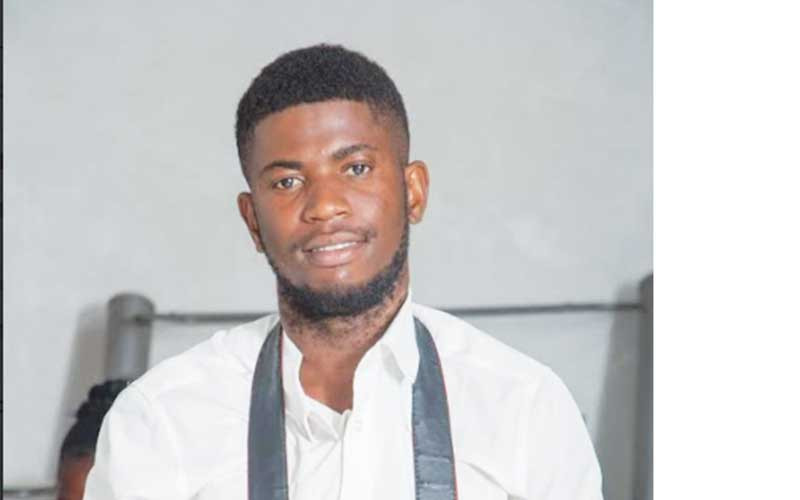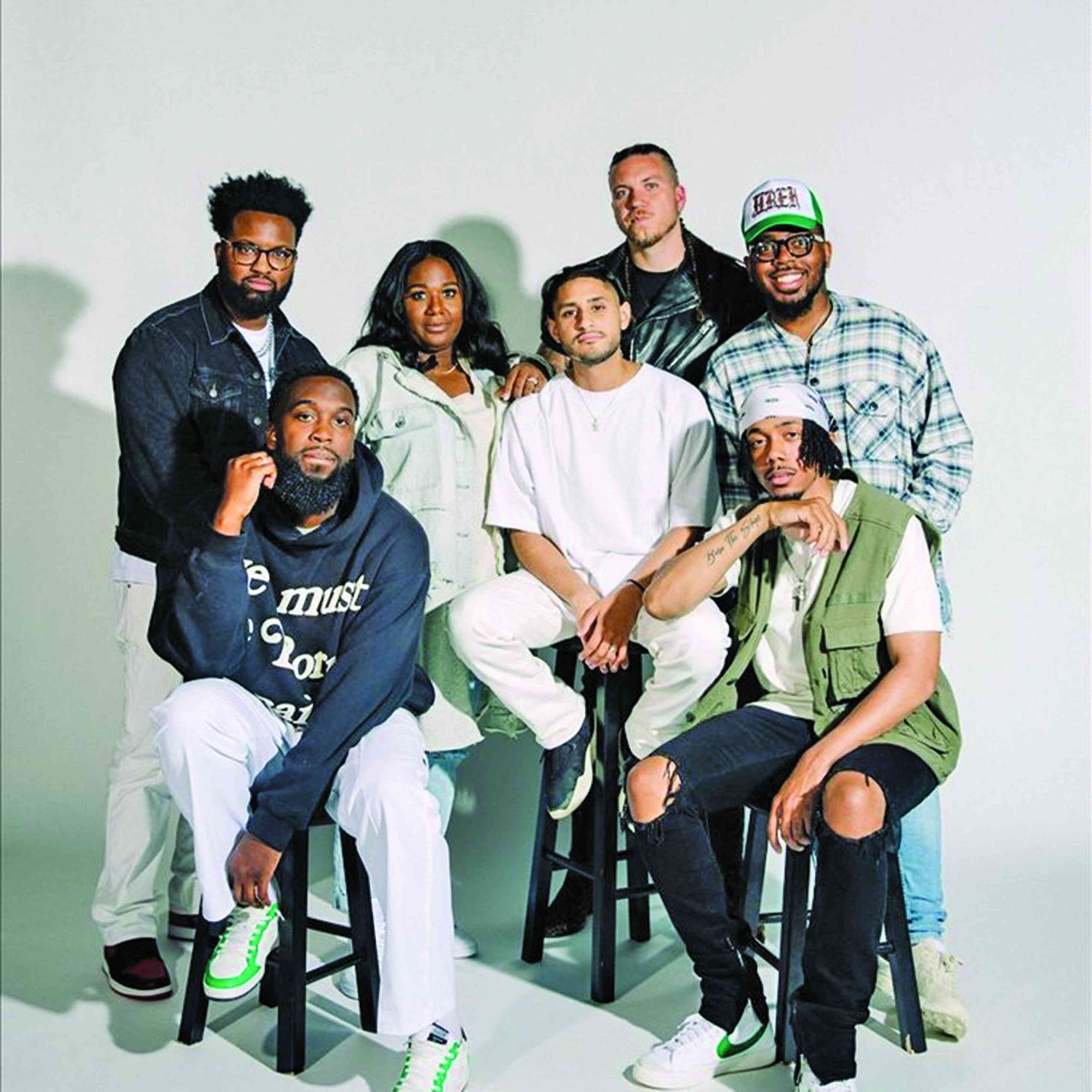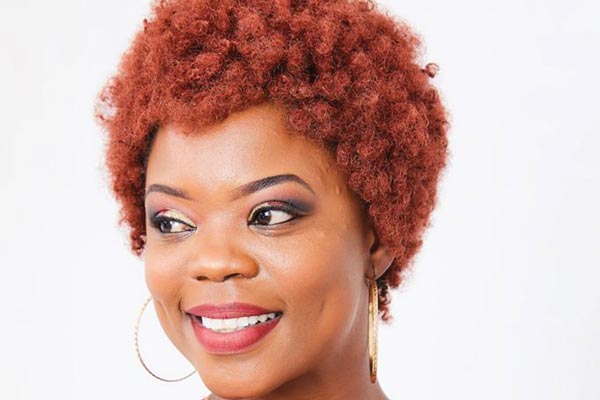

LOCAL female artiste Pauline Gunduza has been in the music industry since 2003, where she rose to fame with the group Mafriq. As a group, they did hit songs such as Chizevezeve and Ndokuudza sei, among others. Pauline is now doing her own music, as well as collaborating with other artistes.
NewsDay (ND) Life & Style reporter Demetria Manyonga spoke to Gunduza (PG) on her musical career and life after Mafriq. Below are the excerpts;
ND: May you tell us who is Pauline?
PG: Pauline is Zimbabwe’s phenomenal vocal dynamo, Afro-pop singer, songwriter, mbira player, author, visual artist and lifetime woman activist. The 33-year-old is a mother of two girls Skye and Minana.
ND: How do you balance being a mother and an artiste?
PG: It comes naturally with the territory; one tends to wear mothering right in the DNA. It was a lot more demanding at first, when the girls were younger, but with them all grown up, we now complement each other well. I keep my normal working hours during the day when they are also at school, be there when they are home. This way, when I have to be away at work, they are self-reliant. My family has played a great supporting role for me when I have shows and my management team keeps the business side of things well-run, leaving me the time for creative processes.
ND: What has kept you this long in the music industry, especially considering it is male-dominated?
- Chamisa under fire over US$120K donation
- Mavhunga puts DeMbare into Chibuku quarterfinals
- Pension funds bet on Cabora Bassa oilfields
- Councils defy govt fire tender directive
Keep Reading
PG: Music is a calling in my instance. I got into the industry at a very early age, when I was still in high school, so naturally I have had to adjust to growing up, being a mother, settling into the music as a life career as well. I have never felt inferior to my male counterparts. I am actually challenged to apply myself more vigorously in my work. I believe in collaboration and supporting one another, despite gender differences.
ND: You have done a song with Nastro called Holiday and it has one of the best videos..What inspired both the song and the video?
PG: Nastro is an urban grooves artiste from our generation. We share a passion to keep urban music alive. Nastro chose me for the collaboration after having done collaborations with other artistes such as Trevor Dongo and Tererai. This song is a breakthrough for us. The video was expensive to produce, but it was worth the sacrifice ND: How has the public responded to the project so far?
PG: The public is loving the song and video. We have reached 45 000 views so far on YouTube. It’s an international standard that we set.
ND: Where did you shoot the video and why did you choose the place?
PG: The video was shot at Namapuli Beach in Mozambique. It’s a beautiful luxurious resort area. It went well with our theme, which was about us spending hard-earned money on a fancy holiday.
ND: How about air play? Has the song received a chance to be played on national television and radio stations?
PG: Yes, the song was launched on Woza Friday on ZTV a few weeks ago and we are now working on getting it onto the local charts.
ND: Currently, how do you rate the industry from the time you started the journey to date?
PG: The music industry has really grown from the time I began music. There are more promoters and musician associations, which makes it easier to do our work. Before, all of us shared few platforms and so exposure was limited. Interestingly, one of our best marketing platforms is social media, which complements airplay by allowing us to reach our fans directly and without many expenses. In the past, it was mostly sungura, jazz or gospel music that received airplay. We introduced urban grooves, which later spawned other genres we enjoy today such as Zimdancehall, hip-hop, Afro-pop and house music. However, these have brought a new challenge as we have to compete with the new genres for airplay.
ND: Are women getting enough coverage compared to their male counterparts?
PG: Generally, if we look at the mainstream shows line-ups, fewer women make it to the stage. And I hope that the landscape will balance out sooner. We live in an environment which seems to marginalise women. We have seen more all-female shows and projects, which may be some kind of compensation. I strongly believe in rewarding merit where it is due, and that women are not as prominent in mainstream arts as men hurts me, because I see the great deal of work that female musicians are putting in. However, I do challenge women to improve on the quality of our products, because the fans will always follow what they think are good productions. There are some female artistes who are doing phenomenal work and attracting even international audiences, so I do believe we can achieve more and those striving to keep us down will have no choice, but to acknowledge us.
ND: What are you promising your fans?
PG: I am promising my fans new music and more engagement on my social media platforms, to keep them up to date about my shows, camp news and a lot of activities we are engaged in as Pauline, the brand.
I have just released a new single called Rudo Rwako, where I am collaborating with a new young and up coming artiste named Vannel.
ND: As a celebrity, what have you done for the society?
PG: The perks of being in the industry are that one always gets a chance to work on some worthy causes. I was part of a collaborative work on World Aids Day and ZIMPHIA theme songs. I have also participated in national campaigns with Albert Nyathi, Adiona Maboreke, Dereck Mpofu and Tererai Mugwadi.
I also produced a cancer awareness song with Maskiri and Mzimba. I was part of the No to Abuse Tour by Rockafella Promotions in Zimbabwe and South Africa, where I composed a song entitled Munhukadzi.
I am the patron of Victorious Family Foundation, which campaigns against child marriages. So far, we have held a concert featuring fellow female artistes and we also helped empower teenage female artistes.
I am one of many artistes participating in weekly clean-ups in the city under an anti-corruption campaign with Africa Innovation Trust.
ND: In some projects, you have worked with Rockford Josphat. How do you do this considering the fact that you once had a relationship and he being the father of your children?
PG: We worked together more when we were together. It’s been a while since we worked together. As people who have gone separate ways, our association is now only confined to our parenting and not music.
ND: What advice do you want to give to the females out there who want to join in the industry?
PG: To the females in the industry, be firmly grounded in your craft and skills. Define who you are as an artiste from the start.



